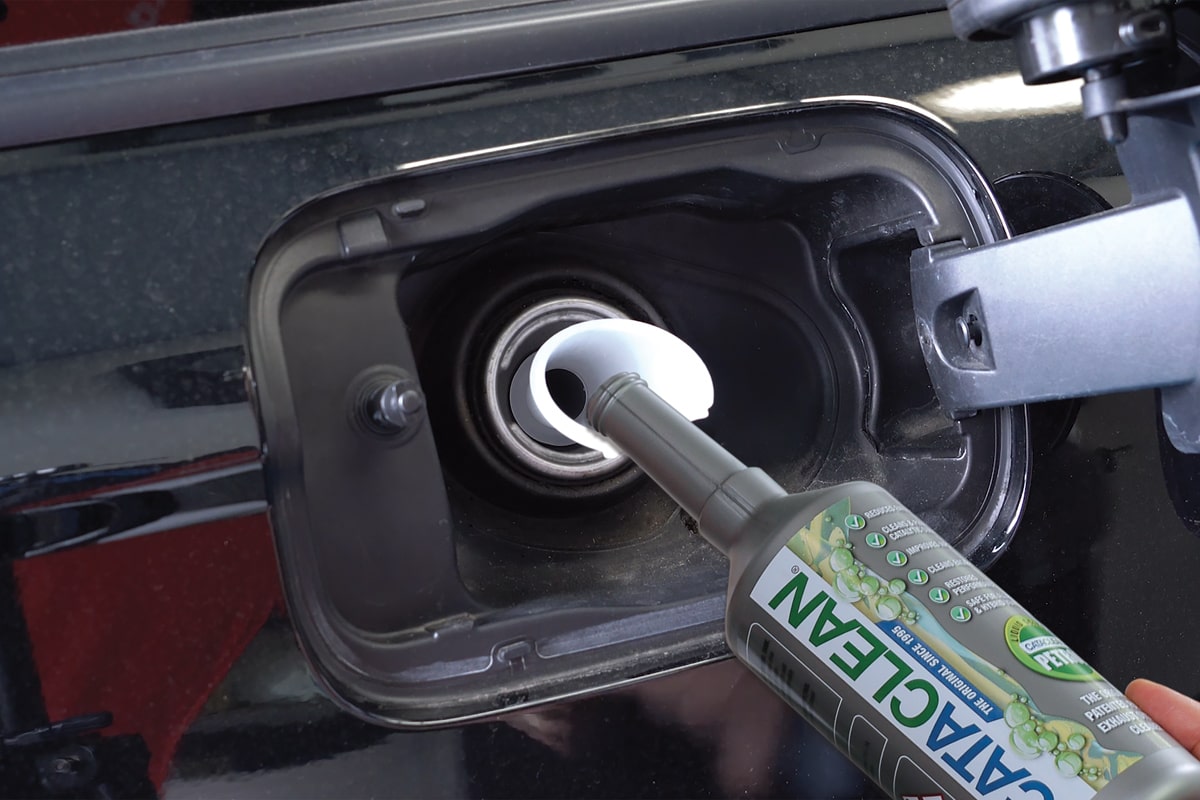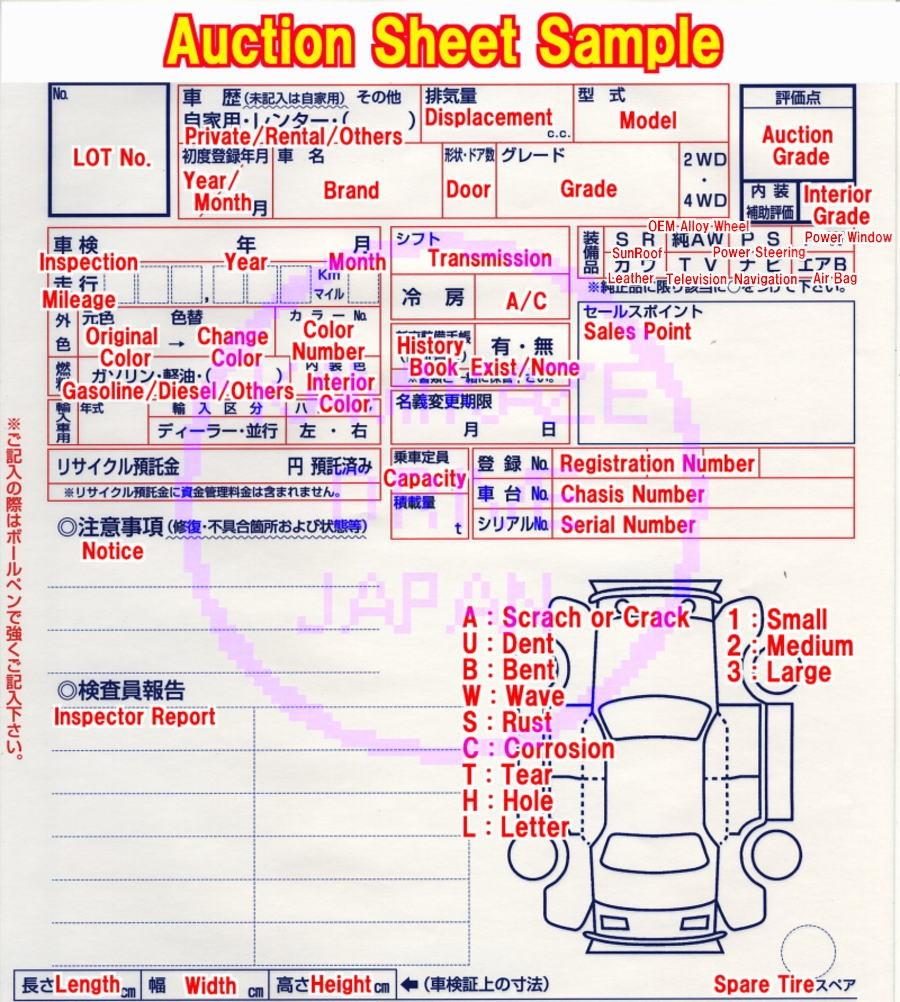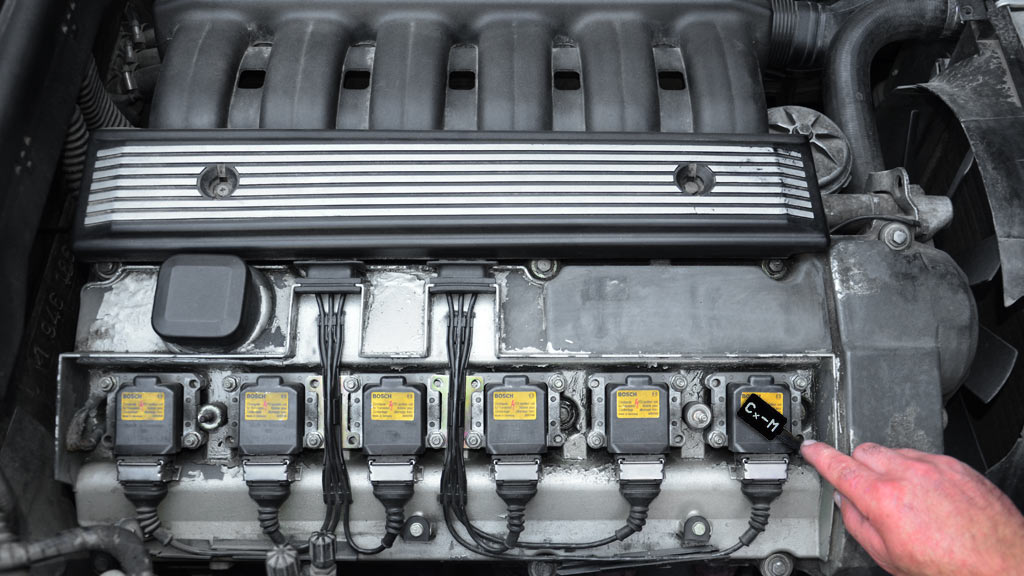Why Do I Hear Fan Belt Noise When Accelerating?
Hearing a fan belt noise when accelerating, often described as a squealing, chirping, or whining sound, can be both annoying and concerning for many vehicle owners.
This noise typically stems from the vehicle’s serpentine belt or accessory drive belt system, which powers various components such as the alternator, power steering pump, air conditioning compressor, and sometimes the water pump.
Fan Belt Noise When Accelerating Possible Causes
Here’s an in-depth look at why this noise occurs and the underlying issues that may cause it.
Belt Slippage
Belt slippage is a primary cause of the high-pitched noises you might hear when accelerating.
This problem arises when the serpentine belt fails to maintain a strong grip on the accessory pulleys it drives, such as those connected to the alternator, power steering pump, and AC compressor.
Acceleration increases the engine speed, which in turn raises the demand on these accessories.
If the belt is in less-than-optimal condition—be it due to wear, stretching, or contamination with substances like oil or coolant—it may not hold as tightly to the pulleys.
The resulting slip between the belt and the pulleys produces the characteristic squealing or chirping sounds. Regular maintenance and ensuring the belt is free from contaminants can mitigate slippage.
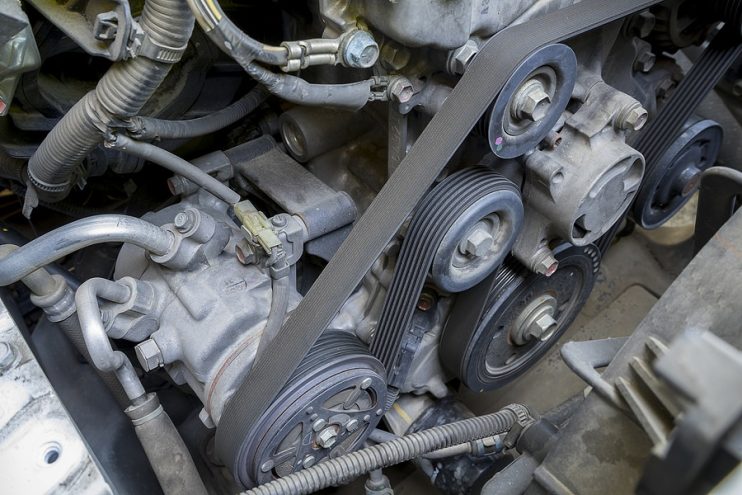
Worn or Damaged Belt
As serpentine belts age, they are prone to various forms of wear and damage, such as cracking, fraying, or becoming glazed. These conditions compromise the belt’s integrity, reducing its flexibility and grip.
Under the stress of acceleration, any existing flaws are exacerbated, leading to noise as the belt struggles to maintain contact with the pulleys.
Regular visual inspections can catch these issues early, allowing for belt replacement before more significant problems arise.
Misaligned Pulleys
Pulleys that are not correctly aligned can cause the belt to run off its intended path. This misalignment might stem from several issues, including wear and tear on the bearings of the driven accessories, incorrect installation of the belt or pulley components, or direct damage to the pulley system.
Misaligned pulleys lead to uneven wear on car belt and can generate noise due to the improper positioning. Ensuring that all pulleys are correctly aligned and in good working order is crucial for noise prevention and belt longevity.
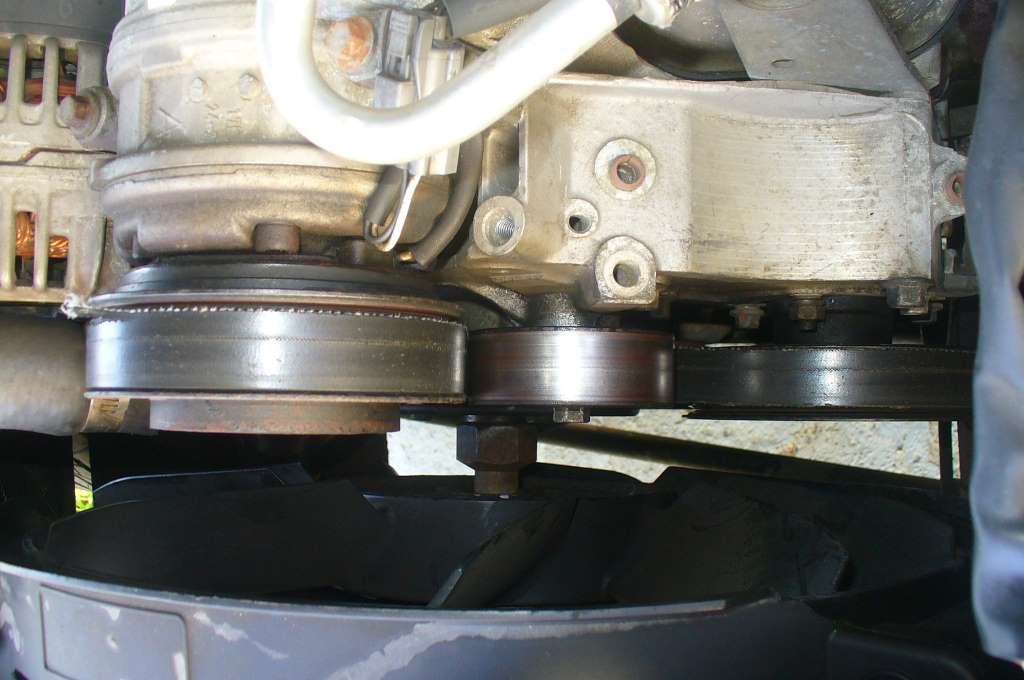
Tension Issues
Proper belt tension is vital for efficient operation. Both over-tensioning and under-tensioning can lead to problems.
A belt that’s too tight may cause excessive wear not only on itself but also on the bearings of the accessories it drives, while a belt that’s too loose is prone to slipping.
Most modern vehicles are equipped with automatic tensioners designed to maintain the correct tension, but these can fail and may require adjustment or replacement.
Pulley Wear or Damage
Pulleys can wear out or become damaged over time. They can also accumulate debris or get contaminated with fluids, which can affect the belt’s ability to grip.
A worn pulley may not provide a smooth surface for the belt to run on, or it may not rotate freely, both of which can lead to belt noise. Inspecting pulleys for signs of wear, damage, or contamination and cleaning or replacing them as necessary can prevent these issues.
Solutions For Fan Belt Noise When Accelerating
To address fan belt noise effectively, a systematic approach is recommended:
- Inspect the belt: Regularly check the belt for signs of wear or damage. Look for cracks, fraying, or contamination. Replace the belt if any issues are found.
- Check pulley alignment: Ensure that all pulleys are properly aligned and in good condition. Misalignment should be corrected, and damaged pulleys replaced.
- Assess tension: Verify that the belt tension is within the manufacturer’s recommended specifications. Adjust or replace the tensioner if it’s not applying the correct amount of tension.
- Clean pulleys: Remove any substances that could interfere with the belt’s grip on the pulleys, such as oil, coolant, or debris.
- Listen for noises: After making any necessary repairs or adjustments, conduct a test drive to confirm that the noise issue has been resolved.
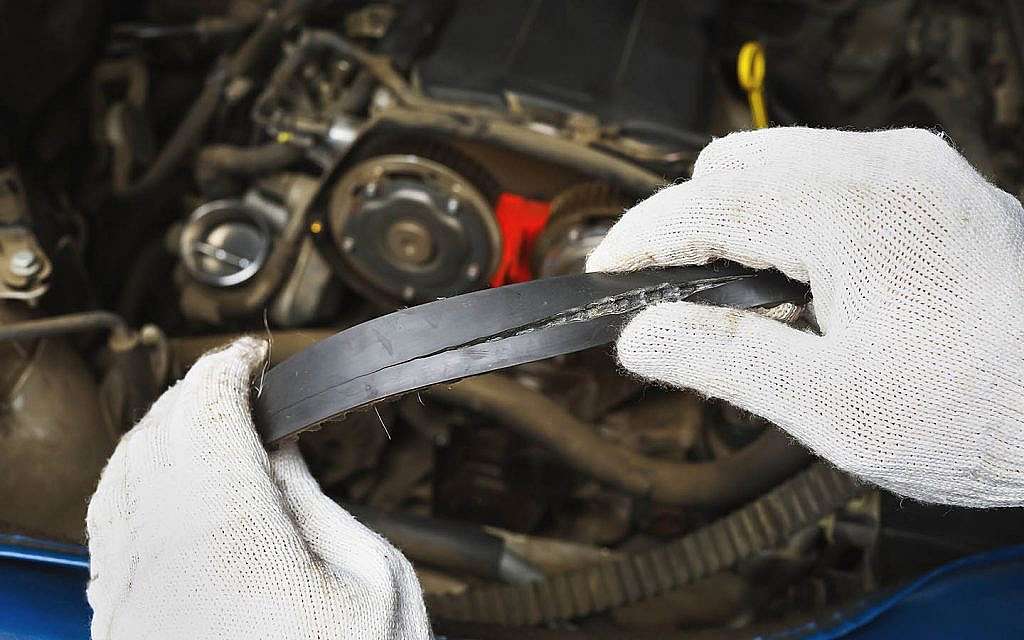
FAQs on Fan Belt Noise When Accelerating
1. Can weather conditions affect fan belt noise?
Weather conditions can indeed influence fan belt noise. In cold temperatures, the belt and its pulleys can contract, leading to increased tension that may cause a squealing noise upon acceleration.
Conversely, hot weather can make the belt more pliable and prone to slipping, which might also result in noise when the demand on the engine increases.
2. Does the type of belt affect the likelihood of noise?
The material and quality of the fan belt can impact its performance and noise levels. Older belts made from neoprene are more prone to glazing and cracking, which can lead to noise.
Modern belts made from EPDM (ethylene propylene diene monomer) are more durable and less likely to produce noise but can still exhibit wear signs that cause squealing or chirping sounds when accelerating.
3. Can a misaligned pulley cause fan belt noise?
A misaligned pulley can indeed cause fan belt noise. If a pulley is not perfectly aligned with the belt’s path, it can lead to uneven wear on the belt, increased friction, and slippage, all of which can produce noise during acceleration.
4. Is it possible for engine additives to cause fan belt noise?
While engine additives themselves do not directly cause fan belt noise, leaks from additives or other fluids (like oil or coolant) that come into contact with the belt can lead to slippage and noise.
It’s important to address any leaks promptly and clean any residue from the belt and pulleys to prevent noise and potential belt degradation.
5. Can fan belt noise indicate a problem with another component?
Fan belt noise can sometimes point to issues with components that the belt drives, such as the alternator, water pump, power steering pump, or air conditioning compressor.
A failing component might put additional strain on the belt, causing it to slip or make noise, especially when accelerating. Diagnosing and fixing the root cause is essential for resolving the noise issue.
6. How does driving style influence fan belt noise?
Aggressive driving, characterized by rapid acceleration and high engine loads, can put extra stress on the fan belt and its related components, making noise more likely.
Practicing a smoother driving style can reduce the strain on the belt and help minimize noise.
Check out this video from ChrisFix for more information on fixing a squeaky belt in your car!
Final Words
Overall, fan belt noise when accelerating is a common auto issue that can arise from various causes, including belt slippage, wear or damage to the belt, misaligned or damaged pulleys, and improper tension.
Visual inspections of the belt and pulleys, ensuring proper alignment and tension, and keeping the belt and pulley system clean, is crucial for preventing these noises and ensuring the efficient operation of your serpentine belt system.








